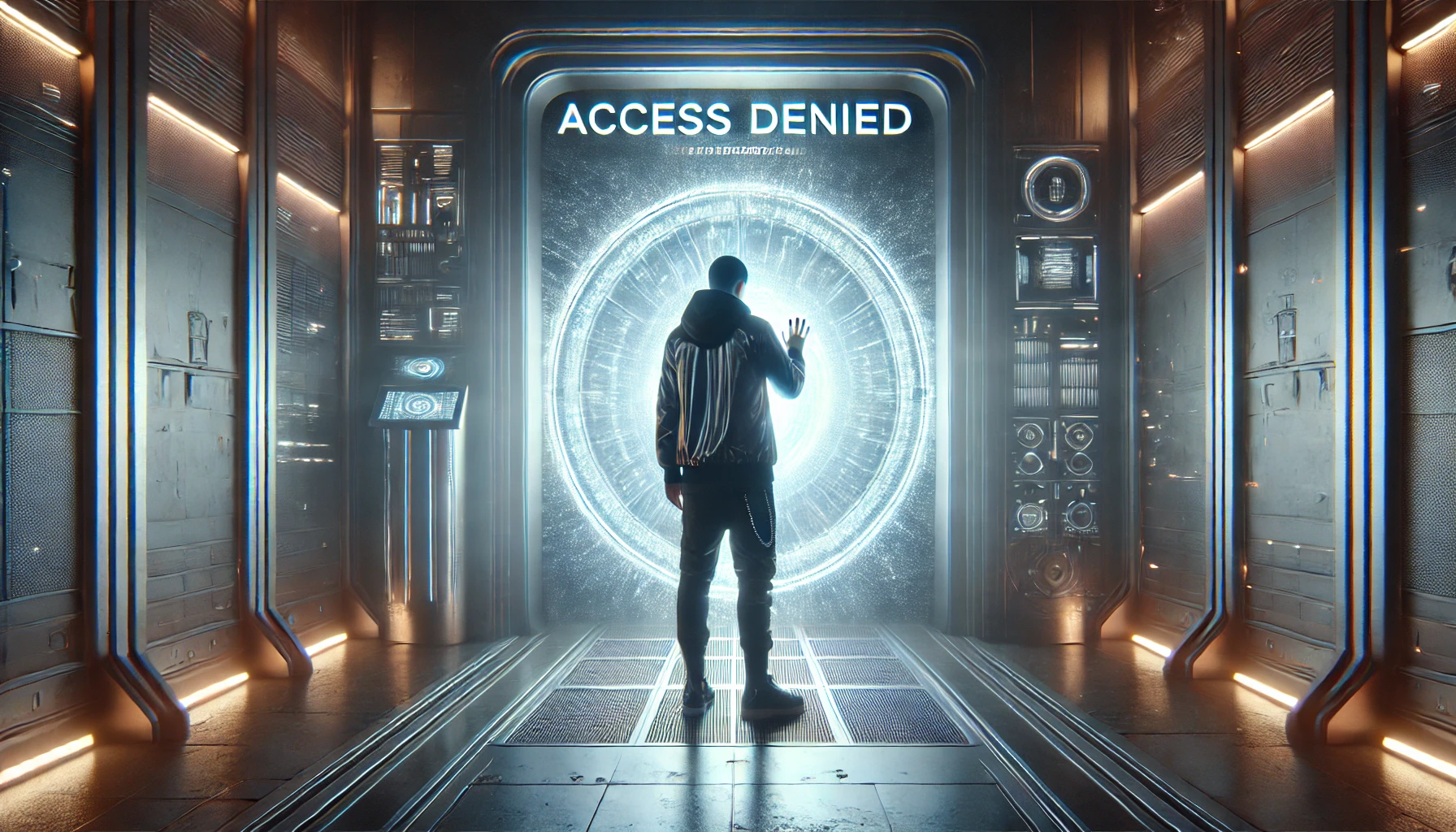
The National Disability Insurance Agency (NDIA) has introduced new identity verification measures to enhance security and reduce fraud. While these changes aim to protect participants, they may inadvertently create NDIS accessibility issues for individuals who face barriers due to technology, communication needs, or cognitive challenges. These NDIS access issues require careful consideration to ensure fair treatment.
This guide explores these challenges, practical tips for navigating the system, and how participants can advocate for improvements while ensuring continued access to essential supports. Addressing these NDIS access issues is crucial for participant well-being.
What Are the New NDIS Verification Requirements?
As of December 16, 2024, participants must verify their identity through a one-time SMS code or by answering security questions. While these steps aim to prevent fraud, they can lead to access problems with NDIS for individuals who struggle with technology, memory recall, or sensory processing issues. This is a significant example of NDIS access issues hampering participant interaction with the system.
These additional layers of security can disproportionately affect participants with disabilities, especially those who lack access to mobile devices or need communication accommodations.
Technology Barriers and NDIS Access Challenges
The reliance on SMS codes assumes all participants have a mobile phone and reliable internet and are able to access SMS services. Unfortunately, this creates NDIS barriers for those using non-smartphones or assistive devices that may not support SMS. These scenarios highlight NDIS access issues that need addressing.
For participants with visual or physical impairments, accessing and reading these codes can be an additional hurdle, further highlighting the NDIS service difficulties posed by the policy.
💡 Tip: If you don’t have access to SMS, notify the NDIA in advance and explore alternative verification options like voice-based processes.
Complex Questions: A Hidden Hurdle for NDIS Participants
The new policy includes detailed security questions about personal documents, plan details, and interactions with the NDIA. While these steps aim to ensure security, they can overwhelm participants with cognitive impairments or neurodivergent traits. This creates additional barriers for NDIS participants, as not all individuals can recall or process such detailed information on the spot.
💡 Tip: Keep key NDIS-related documents in an organised, accessible folder to reduce stress when answering questions.
Privacy Concerns: Protecting Sensitive Information
For participants who rely on shared phones or third-party representatives, the policy raises privacy concerns. Disclosing sensitive details to representatives or while using communal devices can compromise participant trust and contribute to NDIS access problems.
💡 Tip: Request that verification codes or information be shared in a secure and private format that works best for your situation and can alleviate some of the NDIS access issues.
Advocacy: Addressing NDIS Accessibility Concerns
Participants facing access challenges with NDIS can take action to raise awareness and advocate for a more inclusive system. While the current verification process can feel overwhelming, pushing for change is essential to ensure equitable access for all. Recognising and addressing these NDIS access issues is an important step forward.
Proposed solutions include:
- Offering alternatives to SMS, such as email or voice-based verification.
- Simplifying security questions for participants with cognitive impairments.
- Training NDIA staff on inclusive communication and accessibility needs.
💡 Tip: Share your experiences with the NDIA to highlight the practical challenges posed by the new policy and emphasize specific NDIS access issues.
How to Handle Complaints About NDIS Verification Barriers
If the verification process creates undue hardship, you can lodge a formal complaint:
- Contact NDIA: Call 1800 800 110 or email [email protected] to report any NDIS service difficulties you encounter.
- Escalate if Necessary: Request to speak with a manager for unresolved complaints.
- Reach Out to the Commonwealth Ombudsman: If the issue persists, contact the Ombudsman at 1300 362 072 or visit ombudsman.gov.au. Documenting these steps can effectively highlight NDIS access issues.
💡 Tip: Document all communication and keep records of any NDIS accessibility concerns for your complaint process.
Conclusion: Breaking Down Barriers, Together
The new verification policy is meant to improve security, but it shouldn’t come at the expense of accessibility. By sharing your feedback and staying proactive, you can help shape a process that balances both goals. Understanding and addressing NDIS access issues is key to making the system work for everyone.
💡 Tip: Connect with disability advocacy groups to join collective efforts in calling for inclusive, participant-focused changes to the system.
The NDIA’s new verification policy highlights an important tension between security and accessibility. While the intent to protect participants is clear, the execution leaves many vulnerable to NDIS accessibility issues. Advocacy and feedback can help resolve these NDIS access issues.
With preparation, clear communication, and collective advocacy, we can break down these barriers. Together, let’s ensure the NDIS remains a lifeline—not another source of stress—for all who rely on it.


Add a Comment